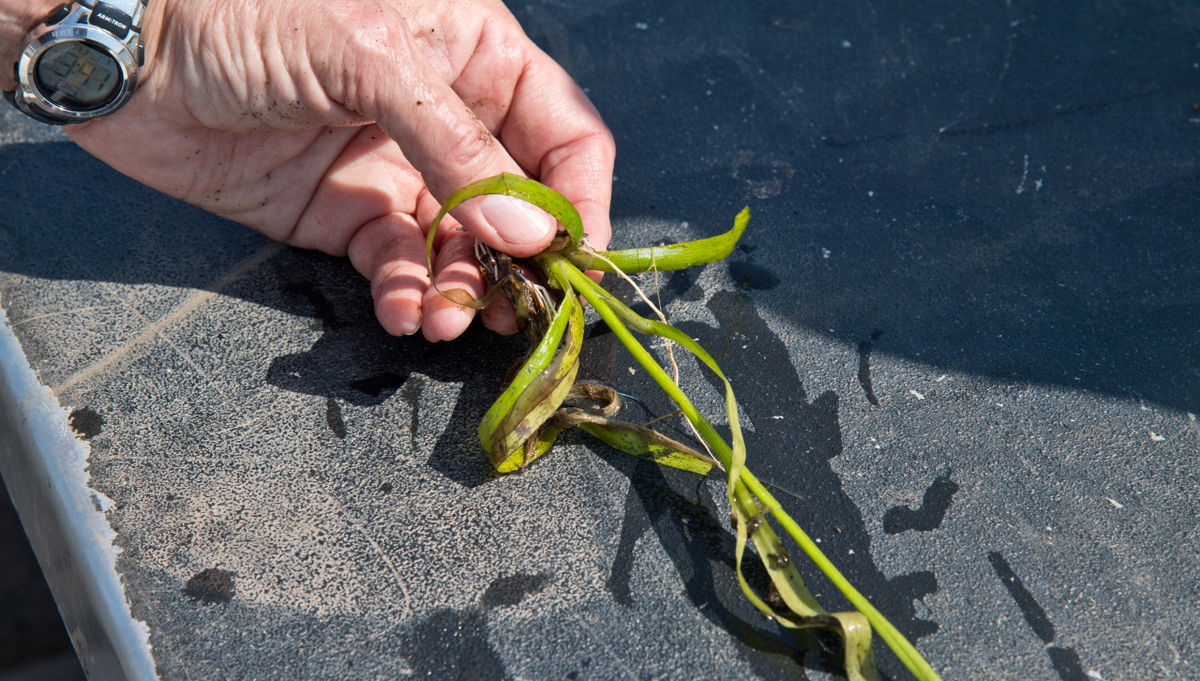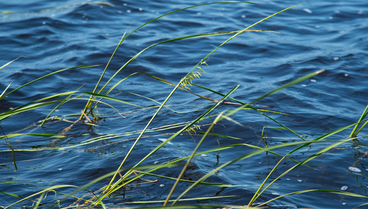Students working with the Research Experience for Undergraduates program are collecting their wild rice research on Thursday, July 11, 2019 at 10:30 a.m.
The wild rice mesocosms are at UMD’s Research and Field Studies Center– 4907 Jean Duluth Road.
Research Experience for Undergraduates (REU) is a 10-week program for students studying science or engineering that’s funded by the National Science Foundation. Underrepresented and multicultural students are encouraged to apply.
Team Zaaga’igan
UMD’s REU team is Zaaga’igan, which means lake in Ojibwe.
Zaaga’igan’s team members are four undergraduates from universities around the U.S. researching with UMD graduate student Sophie LaFond-Hudson. The undergraduates’ work dovetails with LaFond-Hudson’s research– finding the effect of sulfur and sulfides on wild rice.
LaFond-Hudson, who grew up in Duluth, started researching wild rice as a graduate student five years ago, and continues the research as she pursues her doctorate at UMD.
After spending a lot of time on the area’s lakes and rivers, LaFond-Hudson says she’s motivated by a personal interest and love of those water bodies, “I was really interested in the water quality of Northern Minnesota.”
Thinking Bigger
Nate Johnson is a Civil Engineering associate professor who oversees UMD’s REU site.
Beyond giving LaFond-Hudson an opportunity to gain experience as a mentor and a teacher, Johnson says the REU program prepares undergraduates for graduate school. “Giving them a 10-week blitz of applicable research helps them learn to start thinking bigger.”
The students will complete a paper and a poster at the conclusion of their program, which includes time at UMD’s farm, in campus labs, and at Fond Du Lac shadowing tribal scientists.
Nancy Schuldt, the water projects coordinator with the Fond du Lac Environmental Program, is working with the students during their time on the reservation. She says the program provides academic research on tribal priorities and an opportunity for the students to shadow real world tribal scientists. “Fond du Lac has a lot of intersection with environmental issues. We get to model proactive tribal management and protection for students.”
More information about UMD's Water Resource Science Graduate Program
More information about UMD’s Civil Engineering Program


